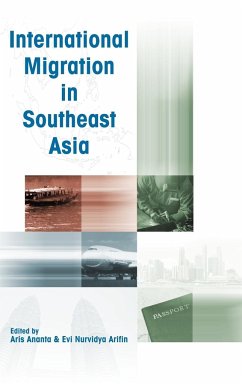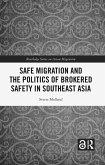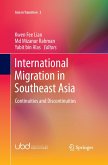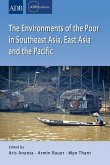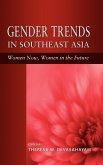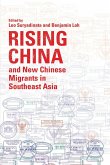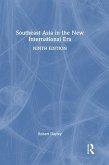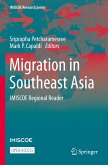Population mobility increases with economic development and globalization. The migration of people affects countries in many ways -- socially, economically and politically. However, there are fundamental tensions in efforts to manage international migration in a globalizing world. On the one hand, business is transnational as it necessitates the unrestricted flow of people internationally. On the other hand, politics is still national. In an integrated world economy, trade, flow of capital, flow of labour, flow of raw materials and technology are inter-related. This study therefore examines international migration in the context of an integrated world economy. Specifically, it looks at the history of migration in modern Southeast Asia; investments, remittances and welfare; the vulnerability of workers; national migration policies; and the problem of irregular migrants.

